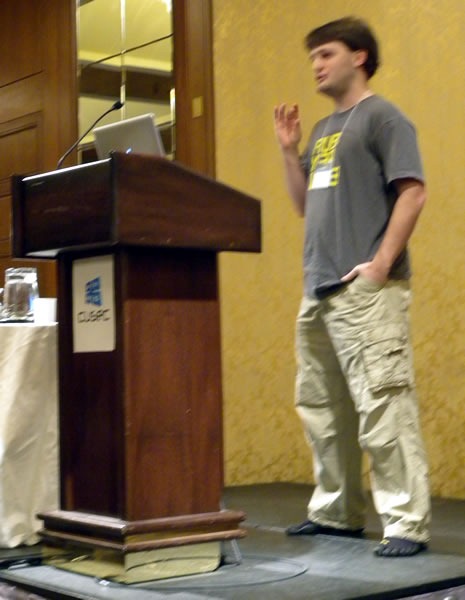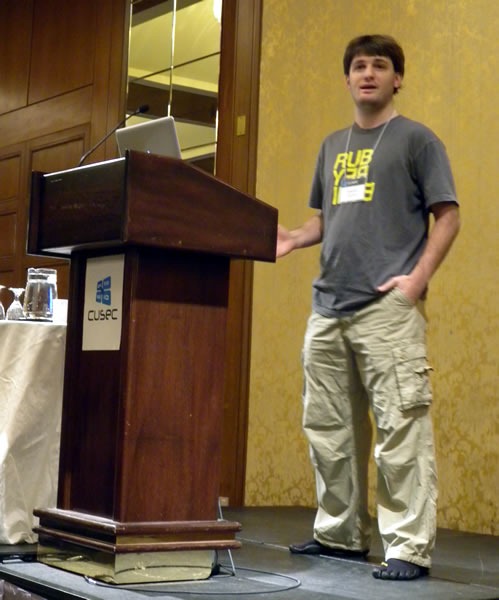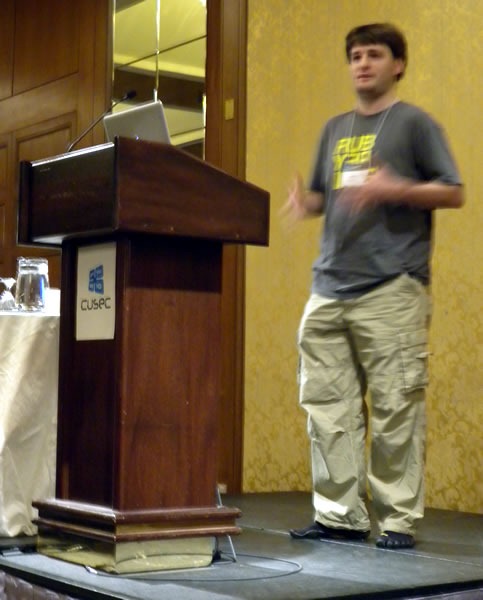
Whenever you do anything where money changes hands, from getting cash from the ATM to buying anything – movie tickets, groceries, a new pair of shoes or a new car to booking a flight and hotel room, chances are that there’s some Microsoft technology involved. It could be an SQL Server database, an app written in Visual Studio, a site living on IIS or Azure or a business process powered by SharePoint, and more likely than not, someone was using Office as well. From devices that fit in your pocket to cavernous data centres, the Microsoft platform helps millions of people across a broad spectrum of industries get real work done every day.
Want to know what’s possible with the Microsoft-based platform? Want to know how it all fits together? That’s what the EnergizeIT 2010 tour is for. In March and April, we’re visiting 20 cities across Canada – as far west as Victoria and as far east as St. John’s – to host free local gatherings where we show you how you can take advantage of our tools and technology to drive your business and your career.
EnergizeIT will comprise different sorts of events in different cities, all of which are listed below.
The “From the Client to the Cloud” Full-Day Events
(Vancouver, Edmonton, Calgary, Ottawa, Toronto and Montreal)

In Canada’s six largest cities, we’ll hold our EnergizeIT From the Client to the Cloud full-day events, where we’ll cover the Microsoft-based platform in detail. And yes, even though it’s full-day, it’ll still be free!
In the morning, we’ll talk about the big picture. We’ll show you a scenario featuring the Microsoft-based platform as seen from different points of view: the customer, the information worker, the developer and the IT professional. You’ll see our latest and greatest as well as our up-and-coming developer goodies: Silverlight, .NET 4.0 and Visual Studio 2010. We’ll show you Windows 7 and Azure in action, talk about Office 2010 and SharePoint 2010, and tell you how all of Microsoft’s stuff works together.
Just as the morning session answers the question “What’s the latest technology?”, the afternoon sessions answer the question “How do I get to the latest technology from where I am now?” These sessions, split into two tracks – one on infrastructure management and deployment, one on the development process – will cover what you can do with our tools and technology in a little more depth. They’ll show you what you need to implement what you saw in the morning session and provide a roadmap you can follow to learn more and take action.
For more details about From the Client to the Cloud events or to register (it’s free!), visit the EnergizeIT From the Client to the Cloud page.
The “Community Connection” Evening Events
(Many Cities Across Canada)
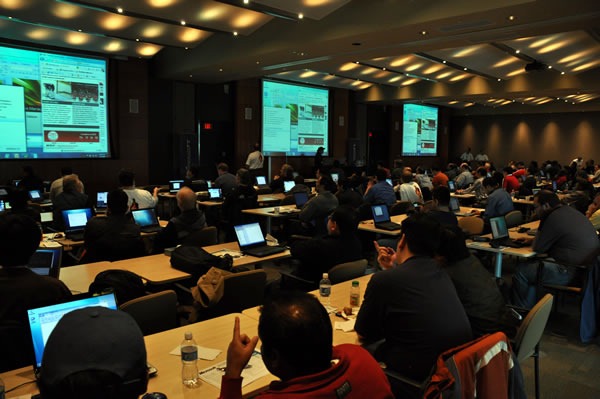
We’ll also hold Community Connection events in the evening in many cities across Canada, where we’ll do the “big picture” session (the morning session) of our From the Client to the Cloud events.
The Community Connection evening events will take place in the following cities:
- British Columbia: Vancouver, Kelowna and Victoria
- Alberta: Edmonton and Calgary
- Saskatchewan: Regina and Saskatoon
- Manitoba: Winnipeg
- Ontario: Ottawa, London, Kitchener and Mississauga
- Quebec: Montreal, Quebec City and Trois-Rivières
- Atlantic Canada: Halifax, St. John’s, Moncton and Fredericton
For more details about Community Connection or to register (it’s free!), visit the EnergizeIT Community Connection page.
Office 2010 Installfests
(Vancouver, Ottawa, Calgary, Montreal, Mississauga)
 I’ve been using the beta and release candidate versions of Office 2010 in my day-to-day work for the past couple of months – PowerPoint for my public speaking stuff, Outlook for email, scheduling and get-things-done stuff and OneNote for my copious note-taking. We’d like you to take it for a spin!
I’ve been using the beta and release candidate versions of Office 2010 in my day-to-day work for the past couple of months – PowerPoint for my public speaking stuff, Outlook for email, scheduling and get-things-done stuff and OneNote for my copious note-taking. We’d like you to take it for a spin!
Join us at one of our Microsoft Office 2010 Installfests and we’ll hook you up with the latest build of Office, show you some of our favourite features and demonstrate how to get the most out of our productivity suite.
For more details about the Office 2010 Installfests or to register (it’s free!), visit the EnergizeIT Office 2010 Installfest page.
Academic Sessions
We’ll also be passing through a number of colleges across Canada, talking to students about getting ready for the working world and showing them resources that they can use to fire up their careers.
This article also appears in Canadian Developer Connection.











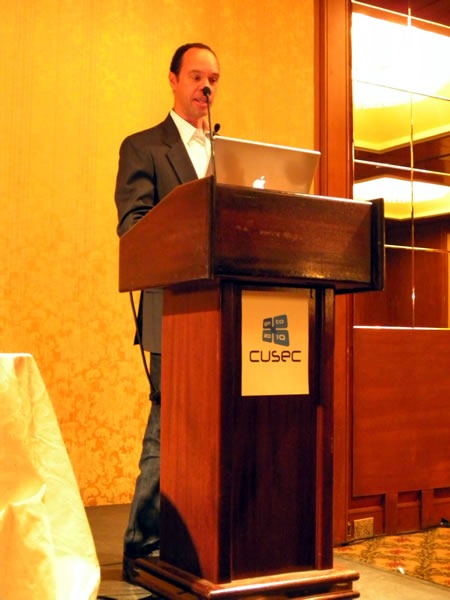
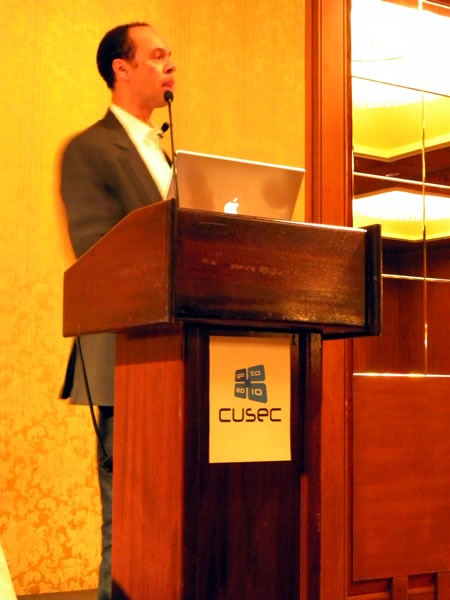
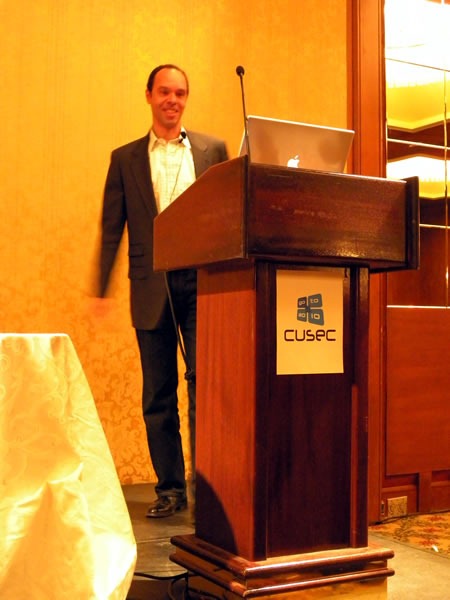
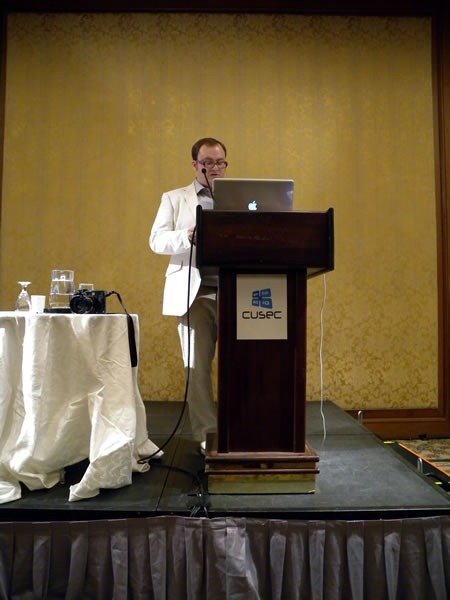
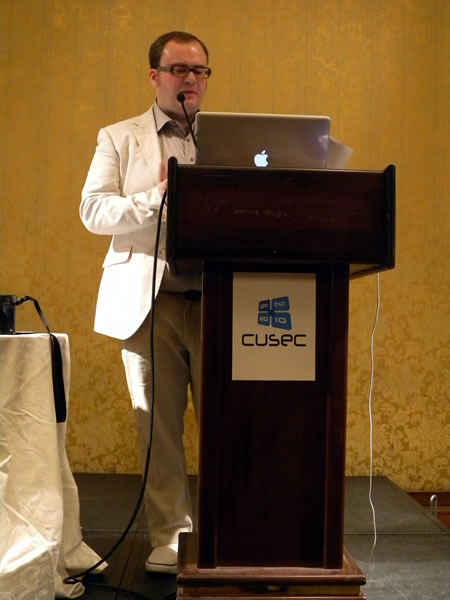
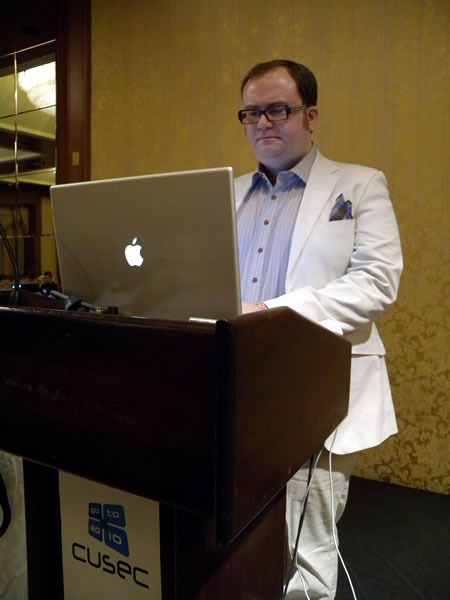
 This is the first of a series of notes that I took while attending
This is the first of a series of notes that I took while attending 